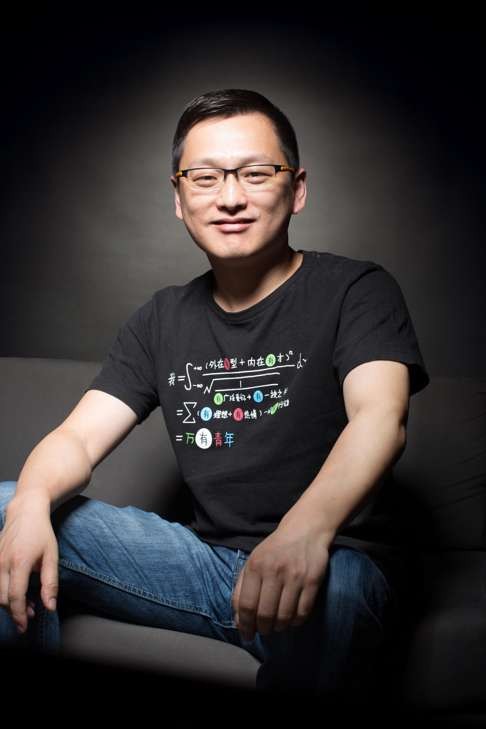
Have a skill, want to monetise it and live in China? See how locals and expats are connecting on Zaih and Pingo Space
Rise of knowledge-sharing platforms in China means people living there can now make money from almost any area in which they are an ‘expert’

Residents in China who want to learn about brewing beer, investing in stocks or innumerable other topics can now do so cheaply courtesy of knowledge-sharing platforms such as Zaih and Pingo Space.
Beijing-based Pingo Space aims to connect Chinese users in the city with expats via an app promoting more cultural exchange, said the company’s co-founder Sophie Su, who was born in China but grew up in Australia.
Chinese users can search for and hire expats in the capital to teach them anything from American football to learning an obscure foreign language on the platform.
Su said she came up with the idea after meeting many Chinese who wanted to go abroad to travel or study but first wanted to interact with people from their targeted destination country.
“I was always connecting people on a personal level, and since there seem to be so many people in China who have this wish, I wanted to create a platform to connect locals and expats,” said Su.
Pingo Space is a romanisation of its Chinese name pingxing guo, which literally means “parallel country”. Su said the name of the start-up represents her wish to combine the parallel worlds of Chinese and expats.
The app, launched last December, has already attracted 700 Chinese users and 300 expats.
Some of the offerings include learning how to cook French cuisine, baking, and even Brazilian jiu jitsu, according to Su. Hourly fees range from 150-300 yuan (US$15-$30).
Su said the company plans to expand outside of Beijing and launch in other cities that are also popular with expats, such as Shanghai or Guangzhou in Guangdong province.
“Our ultimate goal is to have expats in any country connect with locals,” said Su.
Meanwhile, Zaih is a Beijing-based platform founded by Ji Xiaohua, a science writer better known in China by his alias Ji Shisan.
Ji founded the popular science website Guokr in China, and currently serves as chief executive of Zaih, China’s most popular knowledge-sharing platform.
Unlike Pingo Space, the experts on Zaih do not offer cooking or sports skills. Instead, they provide professional advice and opinions to users who book an appointment and meet them offline, said Ji.
“As society advances, a larger number of people with professional skills want more freedom. They want a second job on top of their day jobs, to make money off the value of their knowledge,” said Ji.
“Before Zaih, there was no way to monetise this. But with our online-to-offline platform, experts can make more income, and users are able to gain even more personalised knowledge that was previously not possible.”
The site is popular with users who wish to switch careers, or learn about specific skills such as product design or investing in art. Over 600 offline appointments are made each day.
“One Zaih user told me that whenever she gets into a debate with her husband, they would hire an expert on Zaih to be a third party and judge who is correct,” said Ji.
Zaih currently boasts over 8,000 experts, all of which are subject to rigorous standards. Ji said that only 15 to 20 per cent of all expert applications are approved for the platform, and applicants need to have over five to 10 years’ experience in their field to qualify as an expert.
Ji believes that online-to-offline knowledge and skill-sharing platforms such as Zaih will partially replace consultancy and even professional education services, as more users connect directly with experts to continue their learning journeys.
